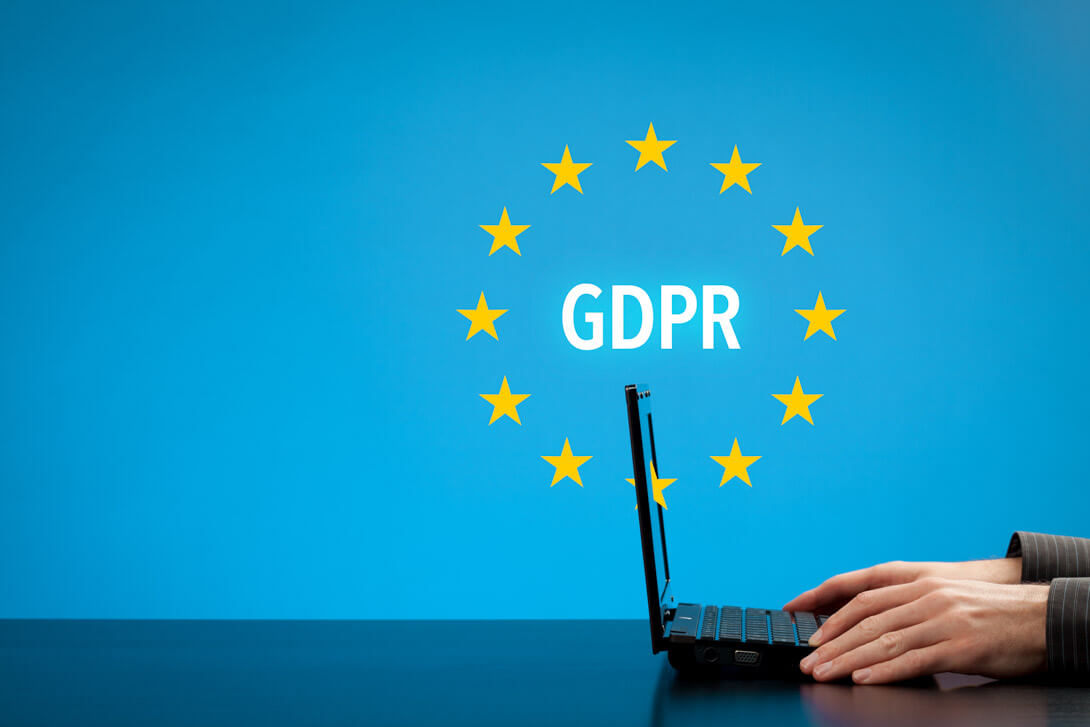The laws of the European Union and Californian provide similar principles with major differences in between them. Therefore, with the perspective of clearing these differences, the CloudCodes team is living this GDPR vs CCPA post.
Cloud information security breach incidents are caused usually due to unlicensed products, human mistakes, or misconfiguration in data storage settings. These threats would expose the confidential information of companies on regular basis, enabling hackers to get personal records of customers and attempt their intended task. Because of the continuous occurrence of Cybercrime, it has become mandatory to normalize Cyber attacks and seriously deal with cloud computing security challenges. In today’s digitization world, companies have to enforce cloud data privacy solutions at their correct location and hire an individual who should be given major responsibility for confidential enterprise data security.
Here Comes The Emergence of Cyber Data Privacy Laws
Taking cloud data security as a serious concern, the legislation of the European Union came with GDPR (General data protection regulation) compliance law. This particular law came into force on May 25th, 2018, which pressurized all the companies to enforce this respective policy on their premises. Here, the companies are the one who deals with EU citizens personal records for their business growth. If in case an industry fails to fulfill the checklist of GDPR compliance, the owner has to pay the penalty for the same. The EU GDPR policy has certainly defined the platform as one of the most comprehensive data privacy standards to date. Also, its overall effects have been experienced/realized globally.
Exciting Fact – GDPR compliance has dropped a major positive impact on the majority of consumer rights. Although there are some people who are facing problems while enforcing the problem, still the EU GDPR standards have proved themselves as a useful Cybersecurity policy.
Now a question arises that ‘what is certain in GDPR data compliance, which has put information security on the map and covered the direction for the next upcoming generation of privacy 1st legislation?’
Predicted to come into force on January 1, 2020, CCPA data privacy has been praised as one of the first bills passed by the US. This policy standard provides users sufficient safety measures that are required to achieve data privacy for overall cloud computing security. In a recently organized webinar, two firms – The DataGuidance and Future of Privacy Forum, illustrated the difference between CCPA and GDPR.
What Is CCPA Data Privacy?
Consumer privacy also named customer data privacy, comprises dealing and protecting confidential personal data, which citizens of California provide to perform online transactions. With the daily evolution of the internet in the commerce field, consumer data privacy is now an increasing concern. This particular privacy comprises of methods through which data will be gathered by customers, its use in business, and reporting of third-party with whom data is going to be shared. Currently, there exist none of the federal privacy laws in the United States. The CCPA has been considered as a big step towards the creation of measures to engage clients in transactions with industry, whether by the exchange of information for specified service or the sale of personal data.
Chances of Something New to Come – After the statements given in October 2018, still there are chances that something more could be added in CCPA before it becomes law.
What Exactly It Covers?
Unlike EU GDPR compliance, which employs anyone gathering records of European Union citizens, only the for-profit parties are demanded to follow regulations involved under CCPA. It applies to organizations with annual gross revenue of more than $25 million, or companies that gain at least half of their finance from selling consumer information. According to the aspects of protection, consumer data privacy guarantees all citizens of California some level of Cybersecurity, whereas the GDPR compliance grants safety methods to any individual living in the EU.
Please Note – Neither CCPA nor GDPR is applicable to national security or law enforcement agencies.
Clear Your Concerns Regarding ‘Personal Data’
The scope of secured information generally works in a parallel manner via both pieces of legislation, widely defined ‘personal information’ as ‘the data that proof identity of an individual.’ However, the CCPA carries a more briefed breakdown of what plays the role of personal identifiers like geolocation and biometric data. CCPA data privacy excludes the following kind of information :
- Government records, which are available publicly
- Personal data gathered for clinical tests
- Medical information
Opt-in or Opt-out?
EU GDPR and CCPA each one of them renders a customer with an option to ask the industry to immediately stop sharing or selling their personal data. However, the difference between GDPR and CCPA is that – The general data protection regulation compliance requires consumer permission to gather the data without any restrictions applying under CCPA. This means that United States legislation enables enterprises to collect personally identifiable records, and consumers are given their own choice either to sell the collected data or not.

